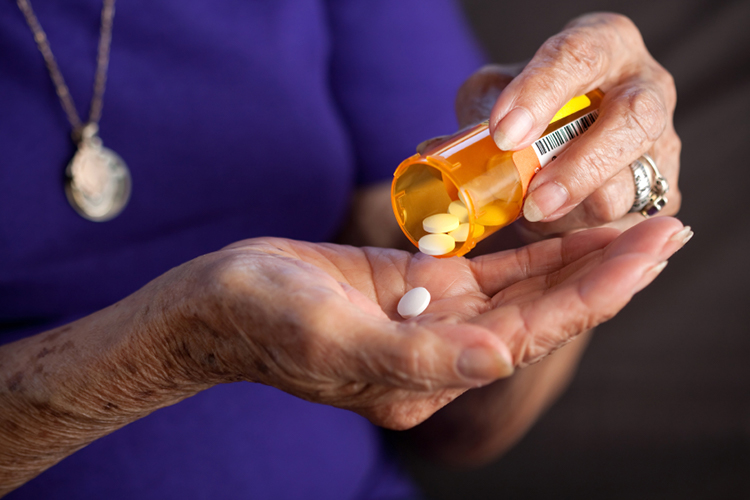Q: What are the most common side effects of bladder-control medications?
A: Overactive bladder (also known as OAB) is a cause of urge incontinence and can be treated by one of several anticholiergic drugs:
- Oxybutynin (Ditropan, Oxytrol)
- Tolterodine (Detrol)
- Darifenacin (Enablex)
- Solifenacin (Vesicare)
- Trospium (Sanctura)
- Fesoterodine (Toviaz)
The most common side effect of this class of medication is dry mouth. To counteract this effect, patients are encouraged to chew gum or suck on a piece of hard candy to produce more saliva. Other less common side effects include constipation, heartburn, blurry vision, rapid heartbeat (tachycardia), urinary retention and cognitive side effects such as impaired memory and confusion.
Some of the above mediations are available in an extended-release form, meaning that they are taken once a day. These may have fewer side effects than the immediate-release versions, which are usually taken multiple times a day. Still, the immediate-release form may be helpful if a patient experiences incontinence only at certain times, such as at night, or wishes to decrease their risk of accidents and annoying symptoms at certain times, such as when traveling. Some of these may also be available in cream form or as a skin patch that delivers a continuous amount of medication. An added side effect for these options is skin irritation.

